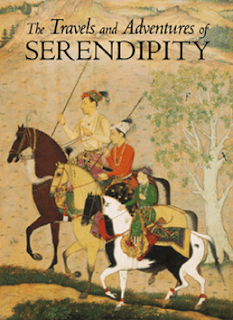The Art of Description: 25 Tips

'Scott has spent pages and pages upon describing a country scene, this is very uninteresting, but it is intensely good literature.' ( T he Newbolt Report: “The Teaching of English in England” (1921)) In popular literature description appears to have been devalued in favour of character and plot. Description can be enjoyable in itself, but often it relates to, and helps to build the plot, mood, character, or atmosphere. In our busy modern world perhaps we feel that we don’t have time to wallow in description. I have heard some writers saying that they don't bother doing the scene setting any more. This is sad. In fact, our age is one of immense (simulated) visual and sonic richness and variety. Never have we had such an immense range of sensory stimuli. Nonetheless, we are often so caught up in the flow that we lack either the creative engagement or the critical detachment that would enable the production of delightful or striking descriptive prose. Desc

